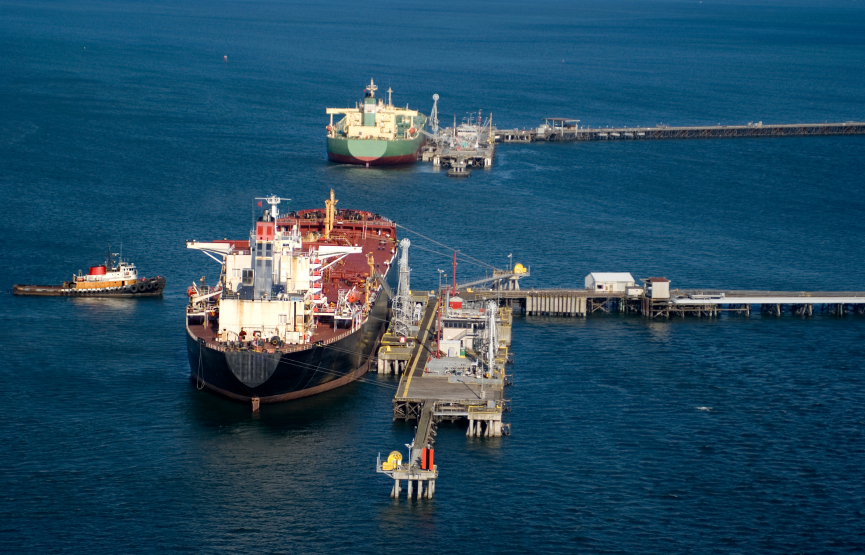On March 18, 2013, the Canadian federal government announced the creation of the Tanker Safety Expert Panel. Captain Gordon Houston was Chair of the Tanker Safety Expert Panel that completed its assessment of Canada’s Ship-Source Oil Spill Preparedness and Response Regime. The panel has submitted two reports to the Minister of Transport. The first report was completed in November 2013 and addressed the current regime south of 60 degrees. The second, completed in September 2014 focused on the requirements for the Arctic and hazardous and noxious substances nationally and was recently released. The June 2015 issue of BC Shipping News contains a very informative interview with Captain Houston. Highlights from the interview include:
The Panel’s first report — A Review of Canada’s Ship-source Oil Spill Preparedness and Response Regime — offered 45 recommendations to the Federal Government covering areas of prevention, preparedness and response; strengthening the polluter pay principle; leadership and stewardship; communication and engagement; and continuous improvement. While the Panel concluded that “the overall preparedness and response regime is fundamentally sound,” the report noted that the last comprehensive review of Canada’s spill response regime was 20 years ago with the Brander-Smith Report and that, since that time, resource extraction, port activity, and shipping traffic volumes had increased; new technologies and best practices in the field of oil spill response had been developed; and that the review would “set Canada on a course of continuous improvement.” Of the 45 recommendations, the Federal Government accepted 44. The remaining recommendation — that of disbanding Regional Advisory Councils — was rejected, however, the Review had called for its dissolution because it had the impossible task of educating the public and providing advice to the government without having any funding in place to do so. That may have changed as Houston believes that a budget has been established for RACs. So in a way, the result is better than the recommendation.
Captain Houston Chair, Tanker Safety Expert Panel spoke at The Chartered Institute of Logistics and Transportation North America – Pacific Chapter – Gateway Series Spring Luncheon, Tuesday, June 23, 2015. The proceedings from that event are available for downloading. K. Joseph Spears’ article‘CILTNA luncheon with Capt. Gordon Houston, Chair, Tanker Safety Expert Panel’ appeared in the August 2015 issue of Canadian Sailings.
The CILTNA luncheon topic was timely, due in part to:
– An increase in oil shipments and the transport of other potential pollutants such as liquefied natural gas and other hazardous and noxious substances through Canadian waters;
– Concerns raised in the Commissioner of the Environment and Sustainable Development 2010 Fall Report, Oil Spills from Ships; and
– Public interest in oil tanker safety issues.
Tanker Safety Expert Panel Scope of the Review
The panel was mandated to conduct a pan-Canadian review and assessment of Canada’s Ship-source Oil Spill Preparedness and Response Regime, as it applies to oil handling facilities and ship-source oil spill preparedness and response. In particular, the review examined the:
– Regime’s current regulated preparedness capacity of 10,000 tonnes.
– Is the current maximum preparedness capacity of 10,000 tonnes adequate? Is it a world-class standard?
– What are the implications of increasing this requirement above 10,000 tonnes?
– How effective is the Regime’s governance structure, including such elements as the private-public model, funding and fee arrangements, placement of response assets, and cascading resources?
– How are preparedness and response linked to liability and compensation?
– Regime coverage.
– Is there a need for, and what are the financial implications of, creating a cost-effective preparedness and response regime in the North and extending the current regime to hazardous and noxious substances, such as liquid natural gas, and new or unconventional oil products?

